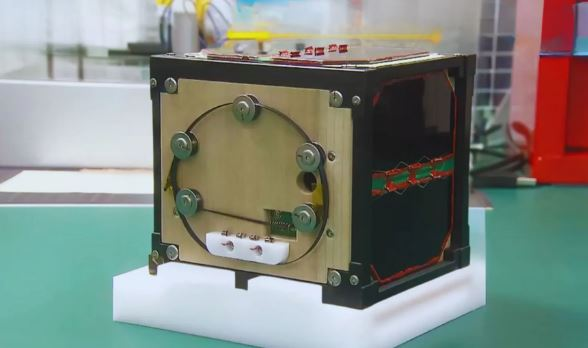Rapid Fire
LignoSat
- 12 Nov 2024
- 2 min read
The world’s first wood-panelled satellite, LignoSat, was launched to test the viability of timber as a sustainable building material for future space missions.
- LignoSat, developed by Kyoto University and Sumitomo Forestry of Japan, is made with wooden panels crafted from a magnolia tree using traditional Japanese techniques, without screws or glue.
- It incorporates traditional aluminium structures and electronics, with wood serving as a casing material.
- The satellite aims to test wood's durability in extreme space conditions (temperatures ranging from -100°C to 100°C) and its ability to shield semiconductors from space radiation.
- Researchers believe wood could replace some metals in space exploration, drawing parallels to early 1900s wooden aeroplanes.
- Conventional satellites made of aluminium can damage the ozone layer when they burn up in the atmosphere. The growing number of satellites, including mega-constellations, raises concerns about space pollution.
- LignoSat, made of magnolia instead of aluminium, may have an advantage as it wouldn't introduce damaging pollutants when it falls back to Earth.
- Conventional satellites made of aluminium can damage the ozone layer when they burn up in the atmosphere. The growing number of satellites, including mega-constellations, raises concerns about space pollution.
Read more: Outer Space: Innovation, Security, and Sustainability





